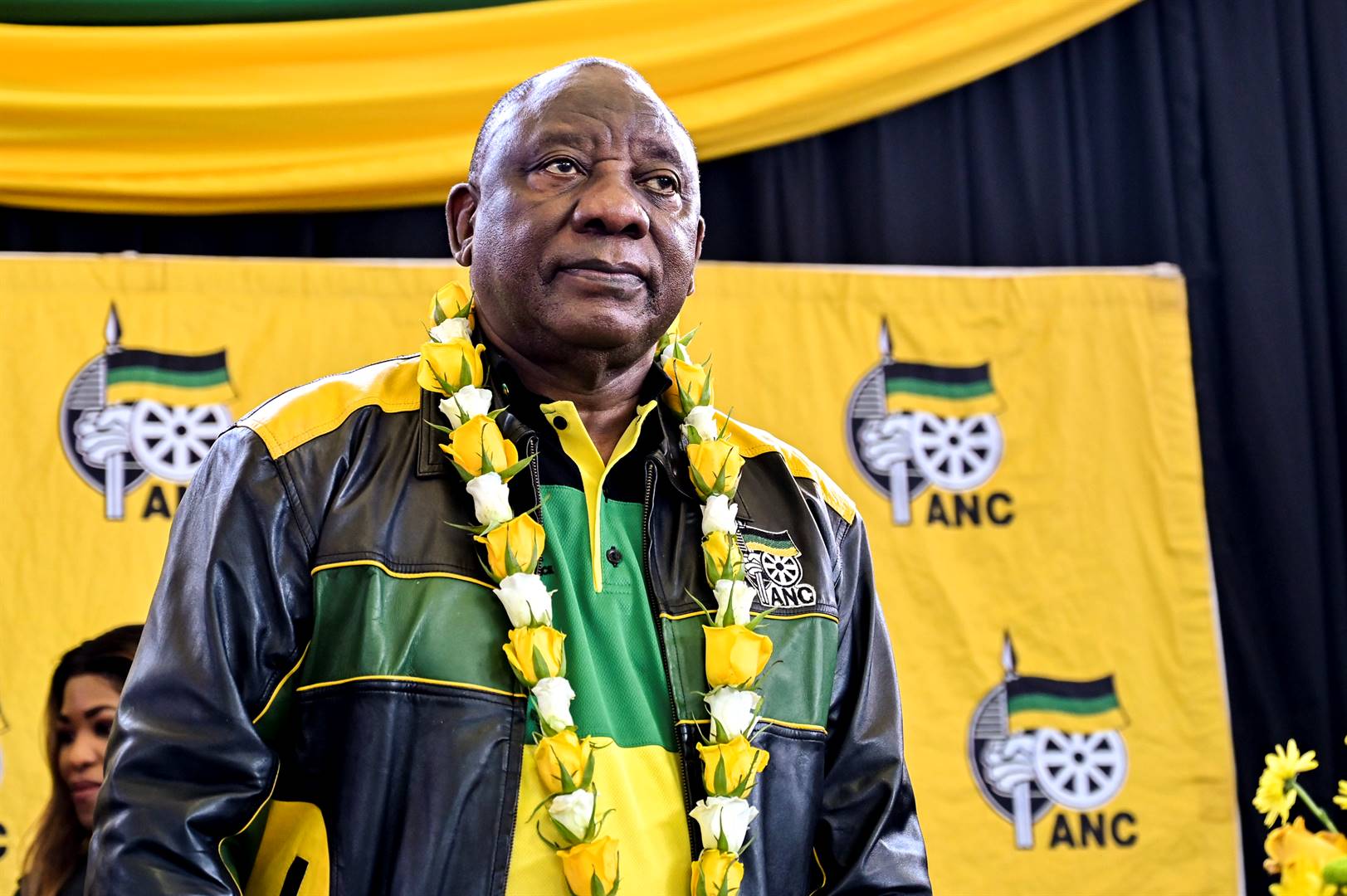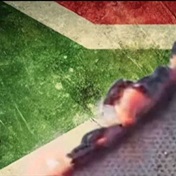
It has been a week of seismic election results around the world.
In Argentina, the electorate voted in an unknown guy, Javier Milei, a right-winger with wild hair and even wilder ideas. The overwhelming choice of the outsider was an angry reaction to the nation’s economic crisis that has seen real declines in GDP, inflation soaring to near 140% and currency reserves at record lows.
What was disturbing about the swing to the populist right was that Milei had the overwhelming support of the youth, who are usually drawn to more progressive ideas.
READ: Argentina elects 'shock therapy' libertarian Javier Milei as president
A demonstration of where he stands was that, among the first to congratulate him were Brazil’s former nutcase president Jair Bolsonaro and the equally lunatic Donald Trump, who said in his message that Milei would make Argentina great again.
Wilder was reported as having said on the campaign trail:
Besides his extremist hate-filled messaging, also pulling voters towards him was the cost of living crisis that is currently gripping the world, with most Dutch voters believing that the government does not have a handle on it and that the other parties do not have a credible cure. So they also put their trust in an extremist populist.
A safe pair of hands was what seems to have been the deciding factor for Liberian voters, who ditched the 57-year-old George Weah for 78-year veteran politician Joseph Boakai. Weah – a footballing icon who wowed crowds in the 1990s and early 2000s – had failed to break the back of corruption, a key election promise that swept him into power in the 2017 election.
READ: Editorial | Your voice matters: Register to vote and make a difference
Despite the economy growing at a relatively healthy 4.2%, the Liberian public wanted to punish him for failing to curb corruption. So they opted for the aging former vice-president. This is in spite of the fact Boakai and his former principal Ellen Johnson Sirleaf spectacularly failed to rein in the cancer during their 12 years in office. The winning factor was the hope that, because of his experience, he would fare better than the football star that they had taken a chance on.
In about six months’ time, it will be the turn of South Africans to decide whether to change direction or continue on the same destructive trajectory. With successive surveys telling us that South Africans believe that the country is going in the wrong direction, many would think that the answer would be obvious.
Wherever you turn and whatever the conversation you tune into, the conversation is just as dark. It is dominated by how many hours this week a neighbourhood has not had power, how families have gone for days without water, traffic lights that are constantly out of operation, CBDs that are falling apart and roads with potholes the size of a Hamas tunnel.
Of course, there are the riveting and heartbreaking tales of victims of crime and the eye-popping stories of corruption at various levels of government.
READ: Seventy-one percent of ANC members and 57% of the EFF want nationalisation of health care
Earlier this year, a survey by the Social Research Foundation (SRF) found that 70% of citizens strongly believed that the country was headed the wrong way, with just 7% strongly believing that it was going in the right direction.
The SRF said in its conclusion:
One would therefore think that the ANC would be a sitting duck for opposition parties. This, however, does not seem to be the case. According to various polls, the worst-case scenario for the ANC will be for it to score just over 40% if an election were to be held today. The best-case scenario has it hovering just below the 50% mark.
All the scenarios are a significant decline from the 57.5% it got in the 2019 election and the 62.1% it achieved in 2014. It will force the party to go begging for support from some rivals should it want to remain in charge of the Union Buildings and the organs that the presidency controls.
READ: Dr Tiny Mona | The significance of visionary leadership in times of crisis
But these numbers also say that, despite bringing the country to its knees and corruption now being part of its DNA, the ANC is set to remain the dominant force in our politics at least until 2029. This will be the case unless someone or some formation (with a message of hope and progress) comes with the dynamic of the personalities who are taking global politics the wrong way. It remains to be seen whether the established parties or the new kids on the block will be able to pull that off.




 Publications
Publications
 Partners
Partners









